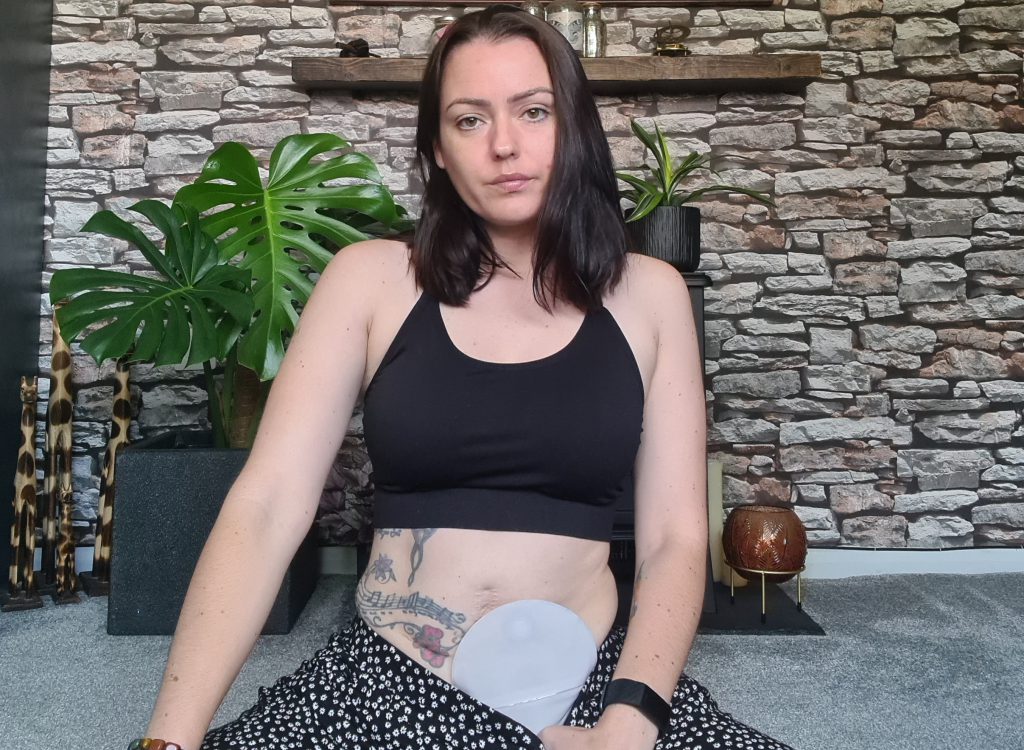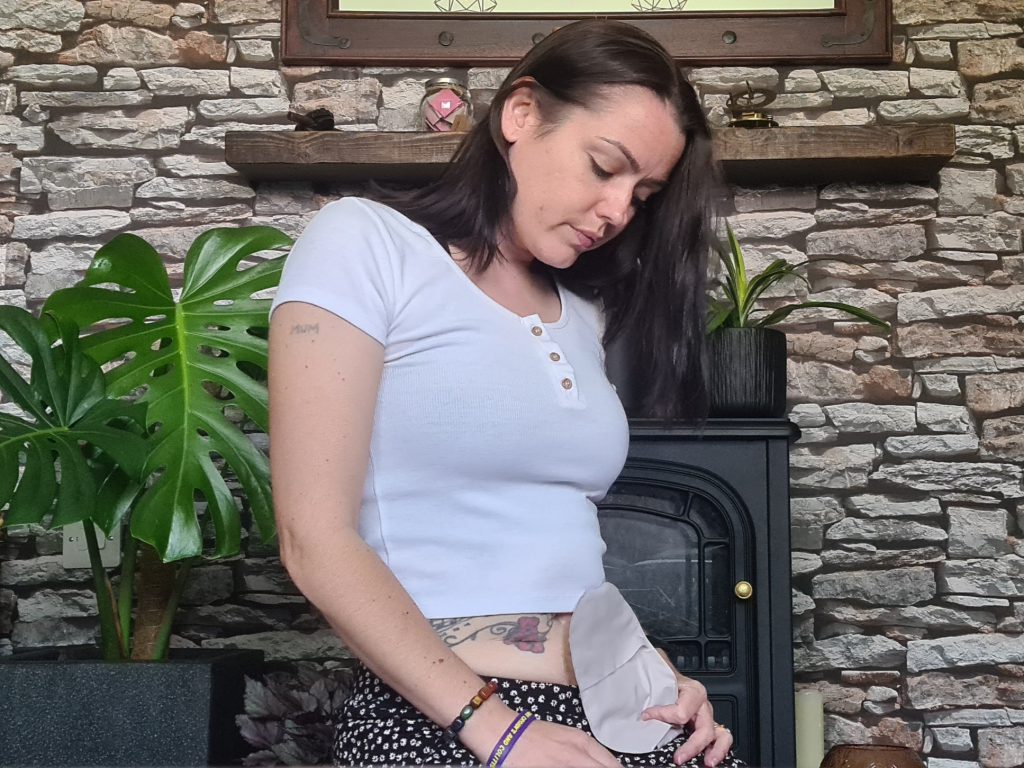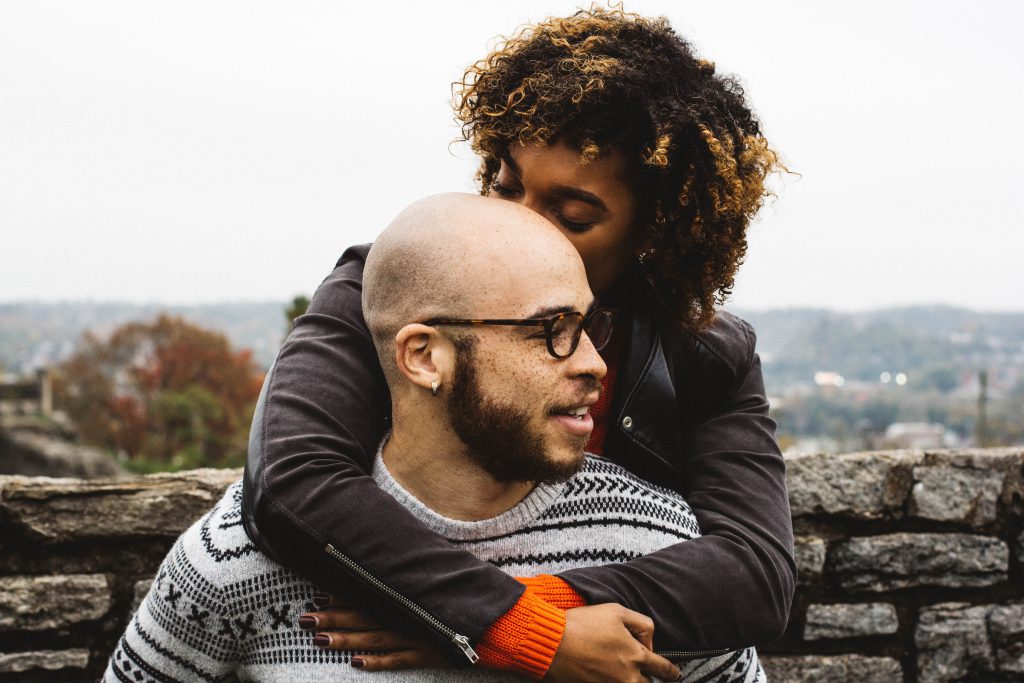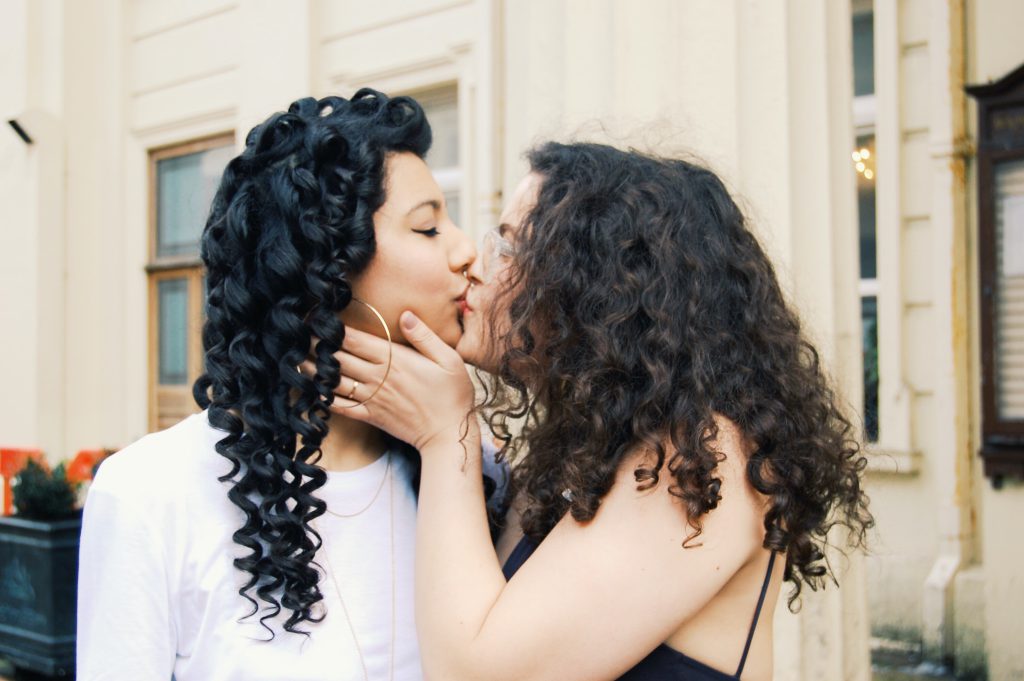
You may have noticed that my recent blogs have focused on elements of relationships. I started by talking about Your relationship with yourself, processing your emotions, and body confidence tips. I personally feel that these are crucial first steps in the journey to stoma acceptance. Then, I moved on to My experiences of talking about my stoma to romantic partners, which wasn’t all sunshine and rainbows!
Now, I want to talk a little bit about intimacy. First, I think we should clarify that this is not about sex. Fear not, I’ve got you covered in that area too. I previously spoke to six other ostomates about Sex after stoma surgery. It’s a very frank and honest post with nothing off limits!
So, let’s get on with talking about intimacy, shall we? Intimacy is something I felt I had to have a quick look into before talking about. Whilst I think there’s a lot more to intimacy than sex, I must admit to still thinking mainly about physical elements. Here’s what I learned.
What is intimacy?
There are five main types of intimacy; emotional, intellectual, experiential, physical, and spiritual. Emotional intimacy simply involves being able to share your deepest thoughts and feelings openly, without fear of judgement. This should also mean that each person feels heard, validated, and supported. Intellectual intimacy means feeling comfortable enough to share your opinions and beliefs without being worried about it resulting in conflict. Neither party feels pressured into agreeing with the other, they just value and respect the others viewpoint.

Experiential intimacy is about sharing experiences, leaving us with wonderful private memories and often an element of nostalgia with long term partners. Physical intimacy obviously includes elements such as sex and foreplay, but the smaller physical acts such as kissing, cuddling, and holding hands are just as important for strengthening the bond in a relationship and promoting a sense of closeness. Spiritual intimacy might refer to the sharing of religious beliefs, or different types of beliefs or values. Again, you don’t have to be in total agreement to appreciate each other’s values or ethics. The important thing is that you share them with each other.
How stoma surgery can impact intimacy
Stoma surgery impacts many areas of our lives. There’s a lot to learn, deal with, and process, and it’s all so new! Keeping our relationships stable and healthy can seem like a daunting task on top of all that! If you read my previous blog about my experiences, you’ll know where my head was at following my first ileostomy surgery. I felt like it was a “me problem”, and I did view it as a problem. I was scared, I felt uncomfortable in my own body, and I just wanted to be rid of it.

I didn’t want to acknowledge it, I didn’t want to talk about it, and I didn’t want my partner to see it. I was constantly paranoid about people hearing my bag rustling. I was continually worried that I would have a leak. I didn’t want my partner anywhere near it, which meant I didn’t really feel comfortable when he was near me at all. I refused to take my T-shirt off for sexual activities, or even for sleeping in the same bed!
I don’t think I could call our intimacy successful, physically, or in any other capacity.
Why is intimacy important following stoma surgery?
It seems clear to me that intimacy is a very important factor in recovering mentally from stoma surgery. Talking about it to those around you is crucial. It can help you process what’s going on in your head, but most importantly, it allows others to support you. This will maintain, or even strengthen, the bond between two people.

Physical intimacy, such as hugging, releases a chemical called oxytocin, which can help make you feel calm and relaxed. Physical touch may also reduce anxiety for people with low self-esteem. I don’t know about you, but my self-esteem has taken a knock after each surgery!
I know from personal experience that trying to ignore my thoughts and feelings can get overwhelming. At the same time, I think my previous experience has made it more difficult for me to be open and honest in romantic relationships. Whenever I voiced any fears or upset in my previous relationship, I ended up with them used against me later.
Checking those intimacy boxes
My head was spinning a little as I started considering whether I could check all of these boxes within my current relationship. It seemed like a lot, but there’s a common thread throughout; respect, support, and really listening to each other. I’ll be the first to admit that our communication could be better. For a start, I can react too quickly and it often doesn’t sound respectful, and we don’t always validate each other’s feelings if we’re feeling a bit “tender” ourselves. We’re working on it, and I imagine we always will be. There’s ALWAYS room for improvement in my opinion.

One article about intimacy even included examples, so I started thinking about whether we’ve had these bases covered recently. I have definitely been making more of active effort to ask questions so I can better understand his thought processes lately, as well as sharing my own. I even bought some relationship cards which we do a few of every day. There’s some similar cards attached to Fittleworth’s new Connections toolkit, if you want to try some yourself.
We’ve been pretty busy racking up experiences lately too. We went to Scotland for a week on holiday and did some new things such as a deer park tour. We’ve also visited a fair few new places; some when we were away and some since being home. I even managed to share some of my concerns and fears about travelling, which I hadn’t done before. For example, I find long journeys stressful, and one of the reasons for that is being anxious that I don’t know where the next toilet is. I also shared my struggle with the seatbelt squishing my stoma, which resulted in finding a fix. Look at where sharing can get you!
From a physical perspective, I was open about what was bothering me early on, this time around. I felt a little paranoid because the bag felt prominent, due to the post-surgery weight loss. That allowed him to reassure me and make me feel better. Once the weight had gone back on and I’d mastered the art of clothes and underwear, I felt good in my own skin. I have fibromyalgia, which brings it with it an extreme sensitivity to touch. That’s far more of an issue than my stoma is when it comes to getting close! I feel very fortunate that I don’t really have any issues with regards to my stoma and physical intimacy. A lot of the time, I actually forget it’s there!

Do you have a question or an experience you’d like to share?
So, you’ve read a bit about my experiences, but everyone’s journey is unique. If you’d like to share your experiences, or ask anything about intimacy with a stoma, you can pop over to the private Fittleworth Facebook group. Your post might really help someone – even if it’s just letting them know they’re not alone in how they’re feeling!
If you’re looking for information or tips for strengthening intimacy in your relationships after stoma surgery, Relationship therapist, Charlene Douglas, and the clinical nursing team at Fittleworth have designed the Connections toolkit to help you do just that!
If you’d like to chat privately, my inbox is always open on social media. Stay in touch ✨
We hope you enjoyed this article from our guest blogger. They are expressing their views or knowledge on a topic because of their experience & background. Some of the opinions expressed may not reflect the views of Fittleworth or your NHS professional.
It goes without saying, but this is not clinical advice. Each person will have an individual set of medical factors to consider. So please do not to make significant changes to your diet, exercise or treatments before consulting with an NHS professional.
Sahara was admitted to hospital and diagnosed with Ulcerative Colitis at the age of 19, after just two weeks of being incredibly unwell. One week later, she had emergency surgery to remove her colon and rectum, and had her first ileostomy. A turbulent journey followed; a multitude of treatments, complications, seven surgeries, a failed J-Pouch, and three ileostomies later, she is living with a permanent stoma and is a pro-active IBD and ostomy advocate.

Sahara Fleetwood Beresford – Ostomy Blogger
Sahara joined the online IBD and ostomy community in 2014, and it very quickly became apparent to her that whilst awareness is important, even more important than that is providing support to others as they navigate the stormy waters of life with IBD, or an ostomy.
She runs #IBDSuperHeroes fundraising and awareness campaign, and the Facebook support group. She is a blogger for InflammatortyBowelDisease.net and an IBD Patient Consultant for merakoi – bridging the gap between patients and healthcare. She gets involved with research whenever she can, and is a volunteer for Cure Crohn’s Colitis, where she donates her time and expertise in social media marketing and content creation.
